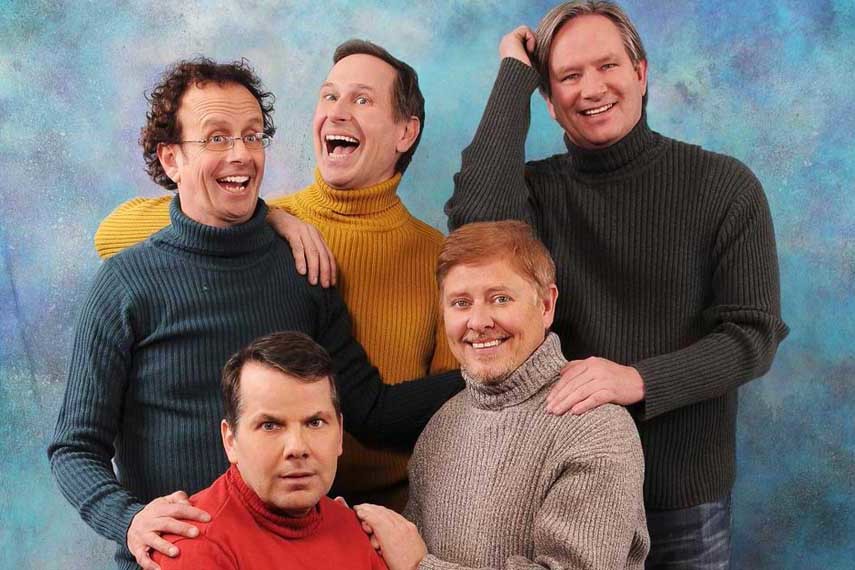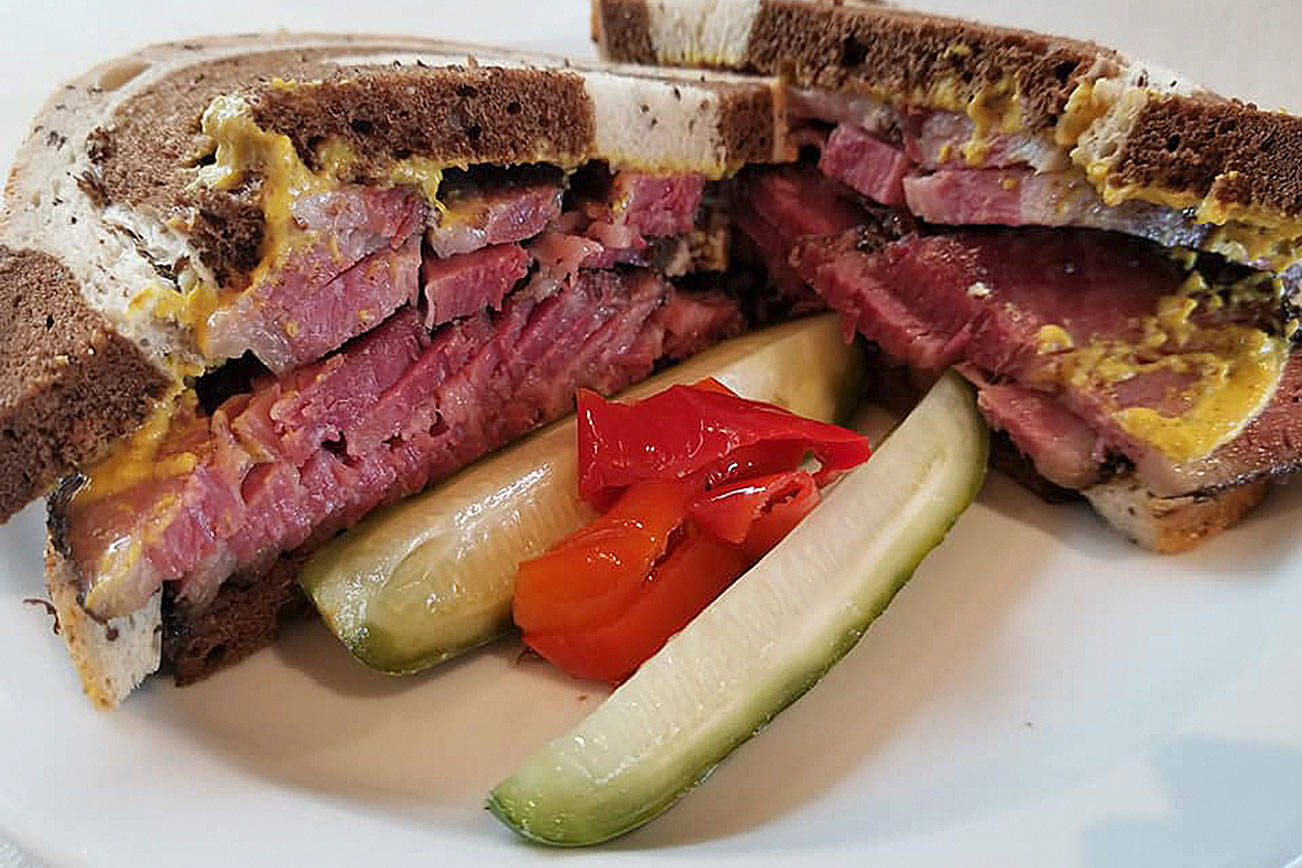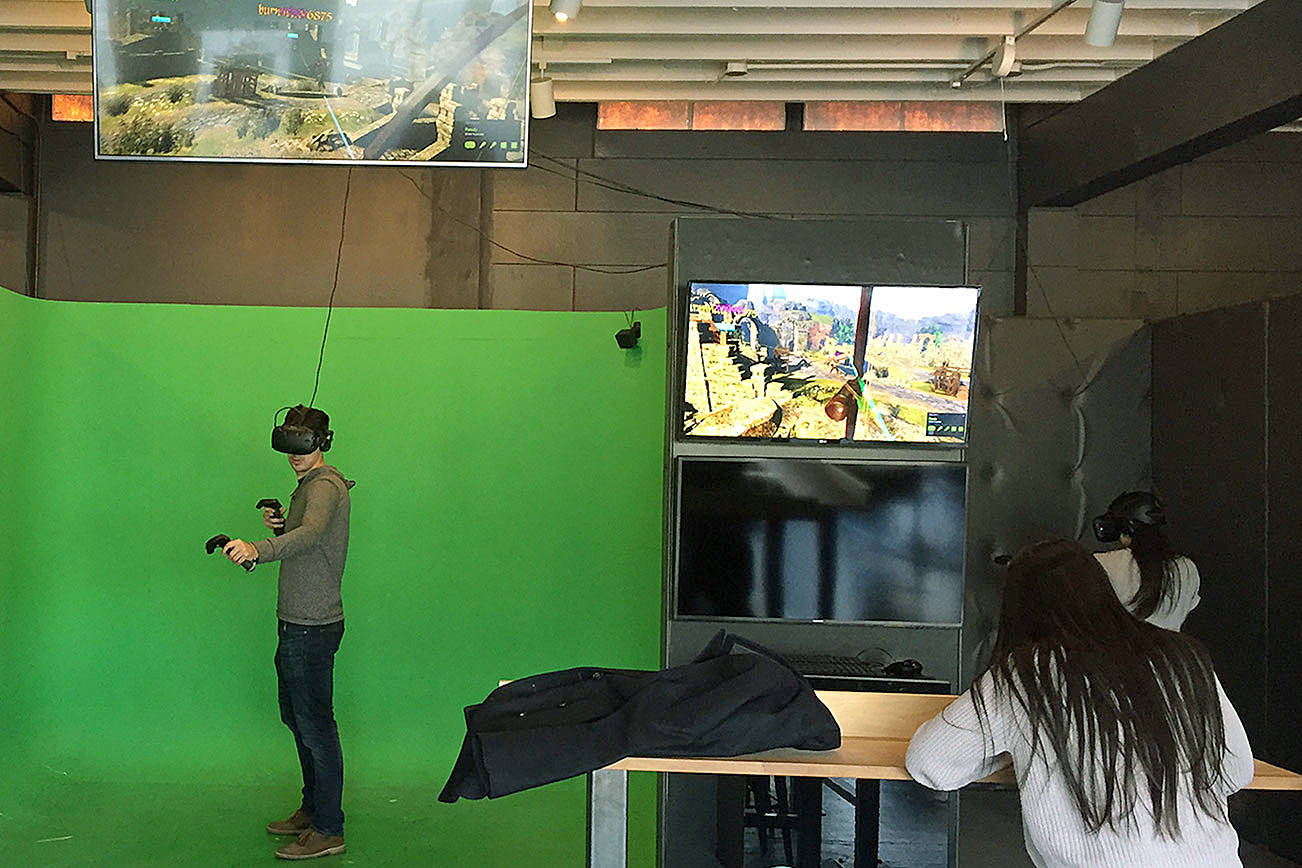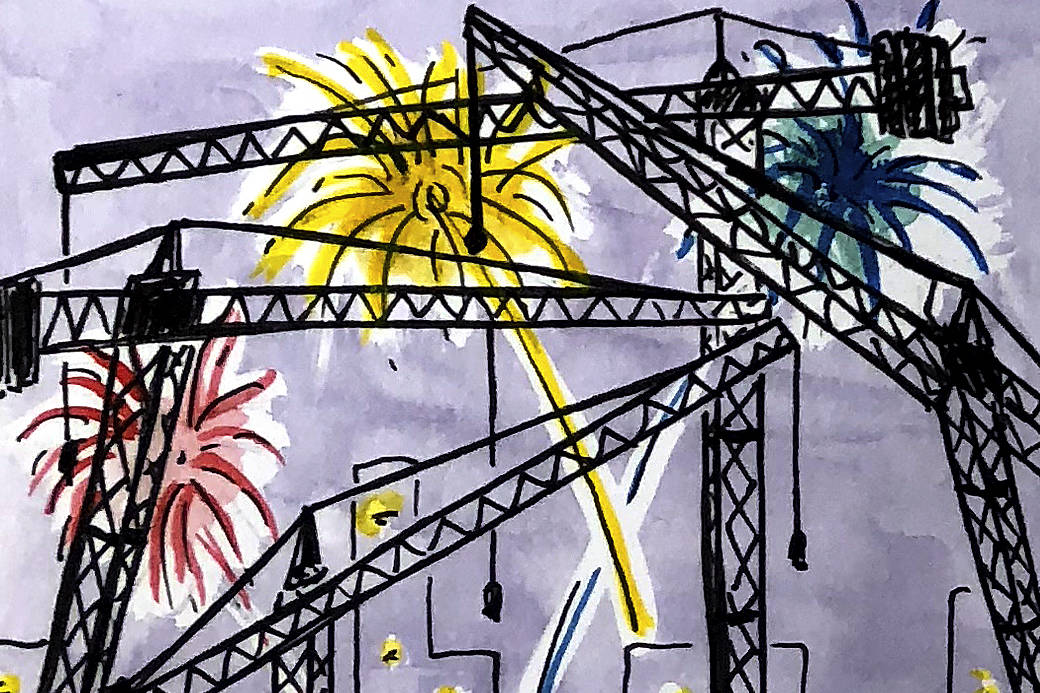Every four years, the same people who say they’re moving to Canada if so-and-so wins never actually act on it after getting the attention they needed. But like the call of the sparrow, their whiny cries are reliably on time every election season.
So if you want to pretend to move up north and live under Prime Minister Zoolander (you may know him as Justin Trudeau), let me pretend to help you, as a Manitoba-born dual citizen who did the reverse commute a few years ago.
Are You Already Canadian?
I don’t know when you last spoke to your parents, but the first thing you ought to do is find out if they are Canadian, because then you could come and go as you please between countries, annoying all your friends who can’t. It’s like finding out that your dad is secretly a Juggalo—you want to know as soon as possible.
Getting a Visa
If you seek to emigrate to Canada legally—and not on the maple leaf-shaped hot-air balloon I illicitly operate—then you’ll need to apply for a temporary or permanent visa. A temporary visa allows you to stay for up to six months, just in time to return for the first of many inevitable presidential scandals. It will run you about C$100 (75 Snickers bars), whereas a permanent visa will cost in the vicinity of C$550 (413 Snickers bars).
Several requirements will impact your ability to successfully move to Canada, including a job, your skills, speaking English or French, a job, not being a criminal, having enough savings to sustain your stay, a job, and, not to repeat myself, but a job.
I can’t stress the job thing enough. Having one waiting for you up north, or getting one quickly while there, is the greatest way to ensure a triumphant permanent move. If you don’t find one, the Canadian government will seal you inside a giant Kinder Surprise Egg and roll your unemployed ass into Lake Erie.
The best line from the Canadian government on moving there indicates that “your need to enter or stay in Canada must outweigh the health or safety risks to Canadian society, as determined by an immigration or a border services officer.” Good luck with that.
What Province Is Your Poison?
Now, I don’t mean to alarm you, but despite being geographically bigger than the U.S., Canada has far fewer places to sit down, colloquially known as cities.
Since it’s right there, Vancouver is the obvious choice, especially if you desire regular access to great Chinese food and want to know what Seattle traffic would be like if there were no I-5 dividing it (still bad). For one of those prized jobs, oil-rich Alberta is the way to go. According to the recent Short-Term Employment Forecast, more than 400,000 jobs will be created there over the next decade, with a high demand for software engineers, carpenters, nurses, and glaziers, though I have no idea what a glazier does (not going to make a Tim Hortons donut joke).
Anyone who’s lived in Montreal (me) knows that it’s among the best cities in North America. It’s also one of the hardest to move to because of Quebec’s tight restrictions, but if you manage to, you’ll be living inside a giant delicious deli with a genuinely rich culture in a city where it feels like no one works during the day. Whichever province you choose, be sure to familiarize yourself with poutine, Hockey Night in Canada, ketchup chips, weird Canadian football, Kids in the Hall reruns, saying “washroom” instead of bathroom, and developing an unearned superior attitude toward the U.S.
Most Important, Beer
Moving countries can be a culture shock. When I first arrived in the States, I immediately wanted to move back when I realized the A&Ws here taste like shit, and are a separate company from the franchise in Canada.
Conversely, when you move north, you may be shocked to find the beer is more expensive, though it varies with each province: A 24 of Molson will cost you about C$36 (27 Snickers bars) in Ontario and British Columbia. The increased beer prices are due to the usual suspects of higher taxes and store monopolies.
So if you intend to drink away the pain of the election, the cost will be higher in Canada. You might find it simpler to stay in the States and just not watch the news for four years, as I plan to do. It’s certainly been a pleasure not using either candidate’s name this entire article. Or you could make the long, arduous trek. If you do, say hi to Sara for me, everyone’s fake Canadian girlfriend.
news@seattleweekly.com








